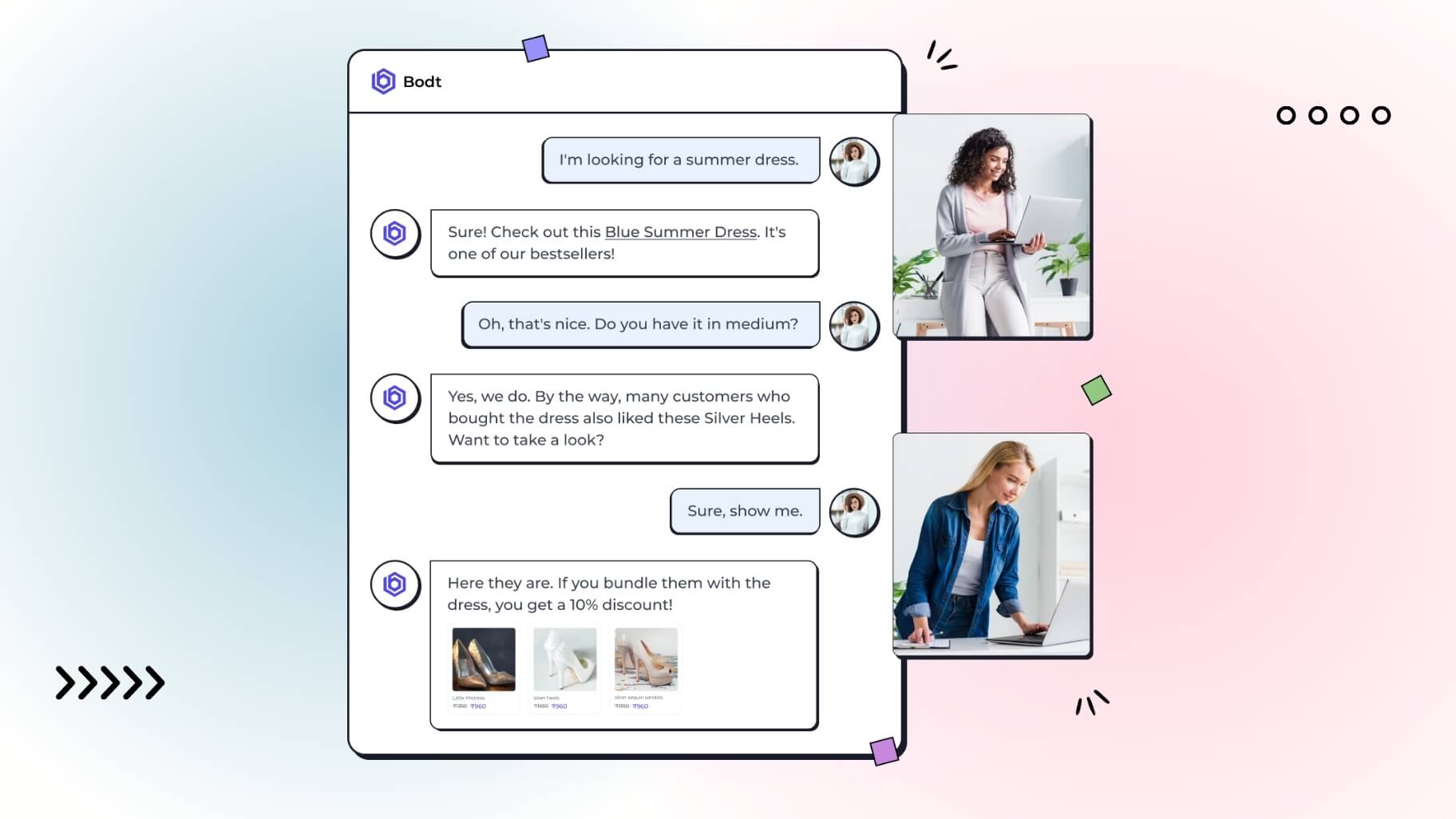
How do you keep your customers satisfied even when you are asleep? Retail AI Chatbot perfectly answers that question. These chatbots help you find products, assist with orders, and offer personalized recommendations, all through a chat interface. Isn't that amazing? Research even proves that global spending on retail through chatbots in 2024 is expected to reach $142 billion, up from just $2.8 billion in 2019. So, what are you waiting for? Let's take you into what Retail AI Chatbots are, their benefits, and the top 5 AI retail Chatbots in 2024.
What is Retail AI Chatbot?
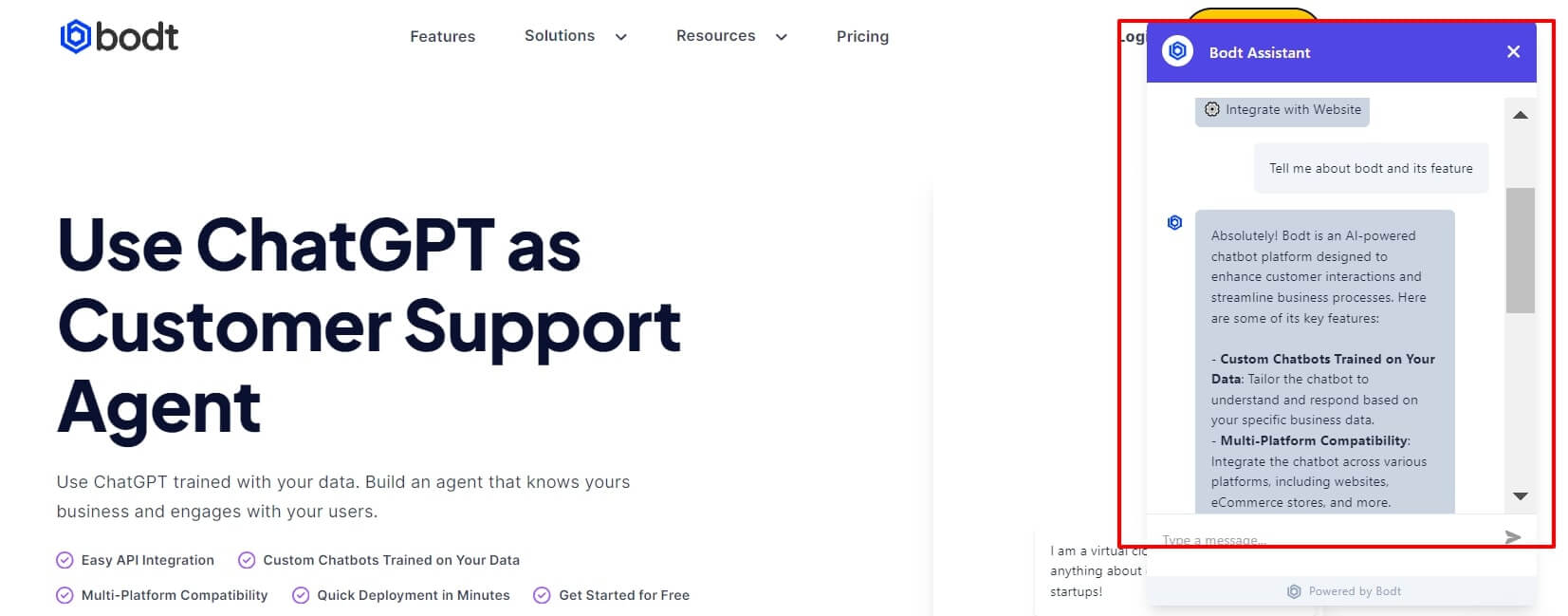
A retail AI chatbot is a smart virtual assistant used by stores and online retailers to help customers with various tasks. These smart tools use artificial intelligence to talk to customers, answer their questions, assist with purchases, and give personalized advice. Actually, AI chatbots have come a long way in a short time. The earliest chatbots, like ELIZA developed in the 1960s, could only perform basic text-based interactions. As technology advanced, chatbots became more sophisticated. In the 2000s, the rise of the internet and mobile devices led to increased interest in chatbots for business use.
Over the years, advancements in artificial intelligence and natural language processing have made them much more sophisticated. Now, they understand and respond to complex queries. Not only that, customers are happier because these chatbots reduce their wait times and provide help around the clock. They also help stores understand what customers want, leading to a better shopping experience and more sales.
Key Characteristics of Retail AI Chatbots
Retail AI chatbots have certain characteristics that business owners will definitely love. They include:
- Conversational AI Technology
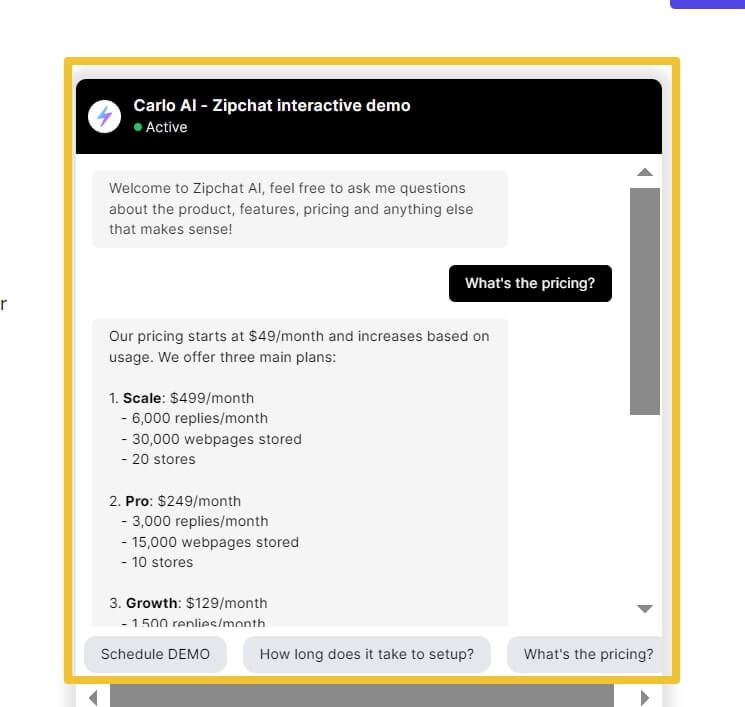
Retail AI chatbots use conversational AI technology, which allows them to understand and process natural language. This means they can comprehend customer queries as if they were having a real conversation with a human. The better the AI, the more accurate and helpful the responses.
- Real-Time Customer Interaction
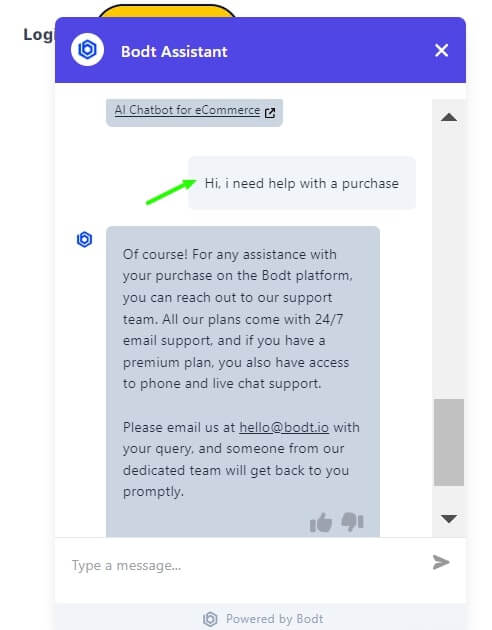
One of the significant advantages of AI chatbots is their ability to provide real-time customer interaction. Whether a customer has a question about a product or needs help with a purchase, chatbots can respond instantly.
- Personalization Capabilities

Searching for the right product can be overwhelming for customers, but Retail AI chatbots offer personalized recommendations based on a customer's past purchases or browsing history, making the shopping experience more engaging.
- Integration with Retail Systems
To be truly effective, AI chatbots need to integrate with retail systems like inventory management and customer relationship management (CRM) systems. This integration allows chatbots to provide accurate information on product availability, track orders, and access customer data to offer personalized service.
Use Cases of Retail AI Chatbots
If you are wondering how or when you can use Retail AI chatbots in your business, these use cases below will give you a glimpse:
- Customer Service

One of the common uses of retail AI chatbots is in customer service. Chatbots handle a lot of inquiries, from answering frequently asked questions to resolving issues with orders. This ensures customers get the help they need quickly, without having to wait for a human representative.
- Sales Assistance
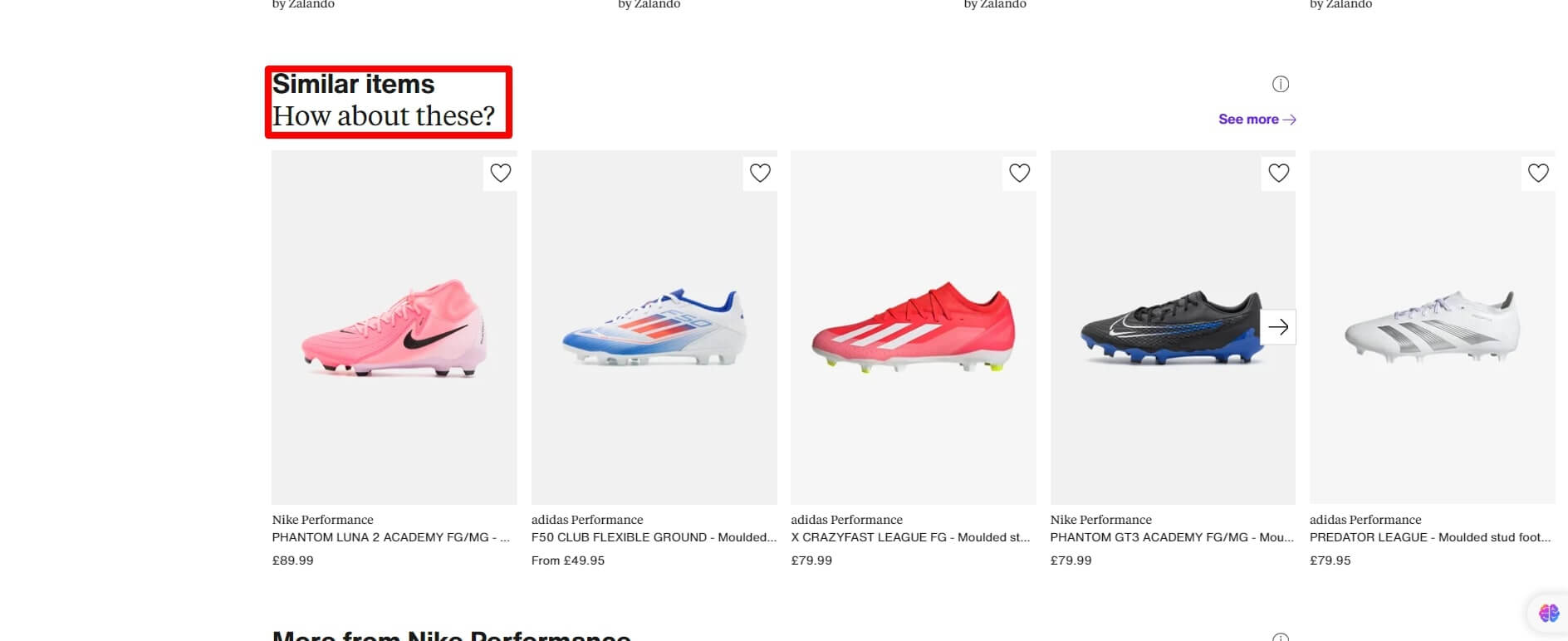
AI chatbots can also assist with sales by guiding customers through the buying process. They help customers find products, provide detailed information, and even assist with checkout. For example, if a customer searches for a new pair of shoes on your website, the chatbot can recommend other types of shoes based on their past purchases or suggest complementary items like socks or shoe care products.
- Marketing and Promotions
Retailers can use AI chatbots to deliver targeted marketing messages and promotions. Think about the last time you got a discount code or heard about a sale. A chatbot can send your customers personalized promotions and alerts about upcoming deals, helping them save money and stay updated on their favorite products. - Inventory Management
AI chatbots can connect with inventory systems to give up-to-date details about product availability. How's that possible? They inform customers when items are back in stock or propose alternatives if something is out of stock. This feature helps manage customer expectations and boosts inventory turnover.
What are the Top Applications of Retail AI Chatbot?
Retail AI chatbots are changing how businesses connect with customers. These smart tools can do many tasks, making shopping easier and more pleasant. Here are some ways retail AI chatbots can be applied:
- Customer Support
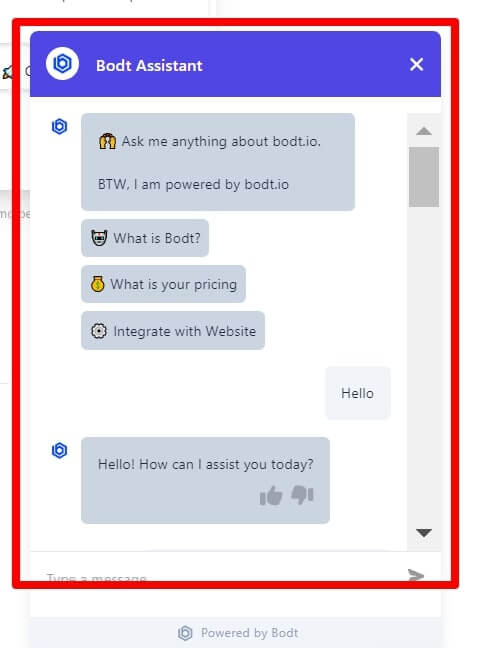
AI chatbots are great at answering common questions and are always available to give those answers. In fact, 64% of internet users see 24/7 availability as the best feature of chatbots. They can answer questions that span from knowing the store hours to return policies or even product details. We know explaining policies or working people through processes can be pretty difficult. But AI chatbots make this easier by explaining return policies, helping customers start returns, and giving updates on exchange status.
- Sales and Marketing
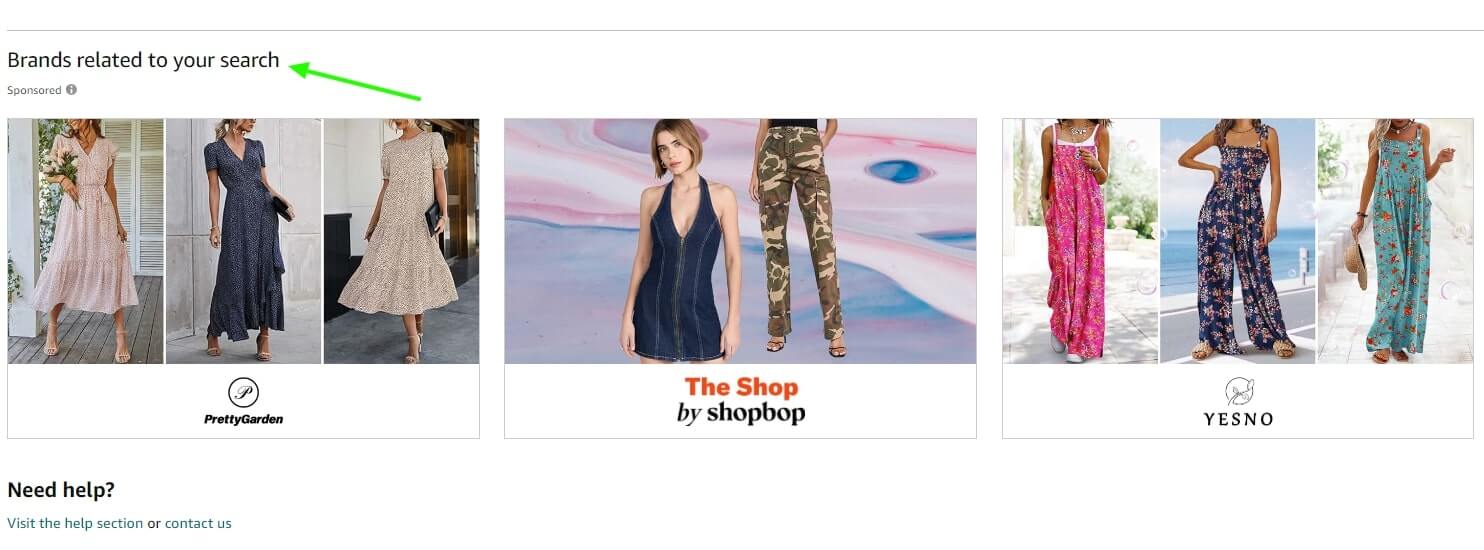
No one starts a business without wanting to make a profit right? So, if you want to see those sales pumped in, then you need to get AI retail chatbots. These tools are very helpful in sales and marketing. They can look at customer data to suggest products based on what a customer likes and has bought before. You know what that means right? Recommending related products or higher-end options encourages customers to buy more and boom! Your money increases too!
Apart from product recommendations, you can increase sales through running promotional campaigns. Chatbots can tell customers about special offers, discounts, and new products based on their shopping history and preferences.
- Order Management
Customers usually want to know what's happening with their orders. AI chatbots can give instant updates on order processing, shipping, and delivery. This keeps customers informed and means they don't have to reach out to customer service for updates. Also, these chatbots can integrate with inventory management systems to provide accurate information on stock availability. People visiting your store can check if a product is in stock, find out when it will be restocked, or even receive suggestions for similar items if their desired product is unavailable. - In-Store Assistance
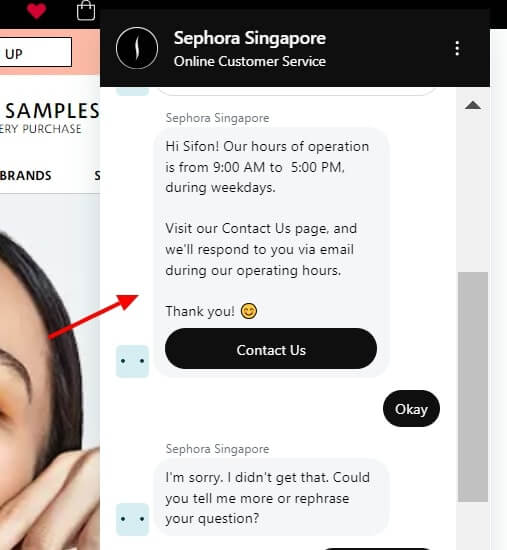
A retail chatbot can assist potential customers with virtual shopping and guide them to buy from your physical store. They give details about nearby store locations, opening and closing hours, and directions, helping to enhance your customer's shopping journey. This way, you save time, effort, and resources by not having to answer the same questions repeatedly. Your staff can then focus on more complex issues.
- Analytics and Insights
AI chatbots can collect valuable customer feedback through surveys and interactions. This feedback provides insights into customer preferences and helps retailers improve their products and services. Studies show that 85% of small and medium-sized businesses have improved since online customers started dropping reviews. These chatbots gather customer inquiries and feedback by prompting for ratings and reviews.
Benefits of Chatbot in Retail
Retail AI chatbots can be a huge benefit to your business in various ways. They are:
- Improved Customer Experience
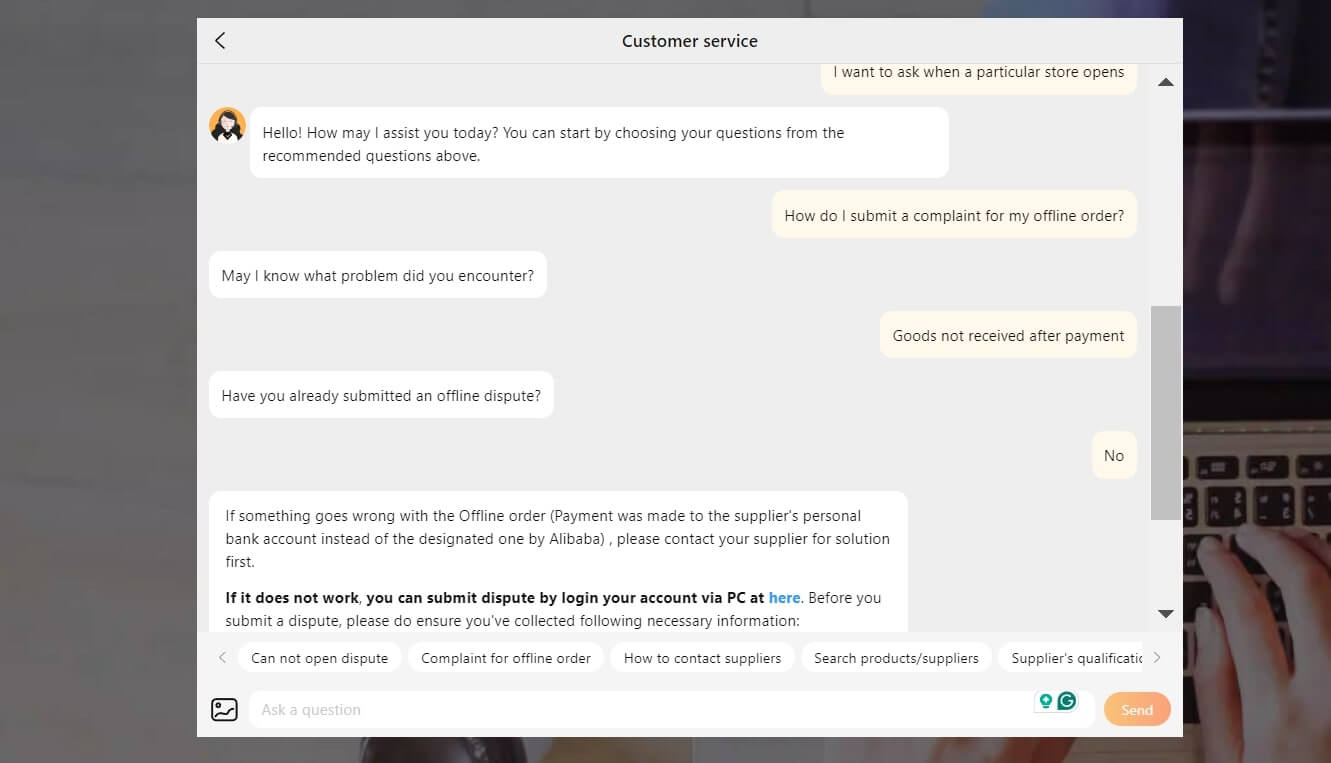
It's a known fact that customers will leave if they are not attended to properly and on time. While you are working on keeping inventory in stock, retail AI chatbots can give customers immediate responses to inquiries, and personalized interactions. And unlike human agents who can probably give different answers, chatbots give accurate information every time. This consistency helps customers trust that they are getting the right details about products, services, and policies.
- Increased Sales and Conversion Rates
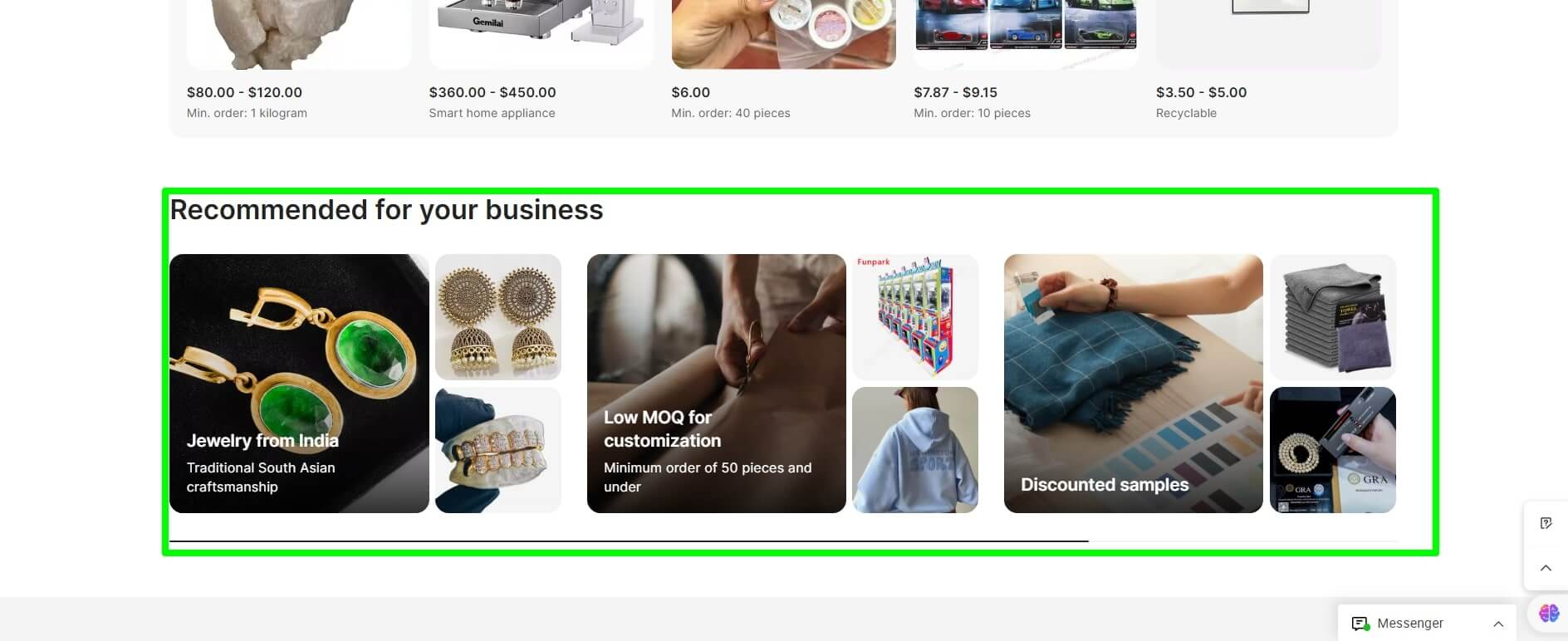
Apart from being a customer service provider, retail AI chatbots also encourage sales and kick up conversation rates. They do this through targeted marketing efforts, by sending personalized promotions and offers based on shopping habits, and through efficient handling of customer queries and simplified purchasing process.
- Cost Efficiency
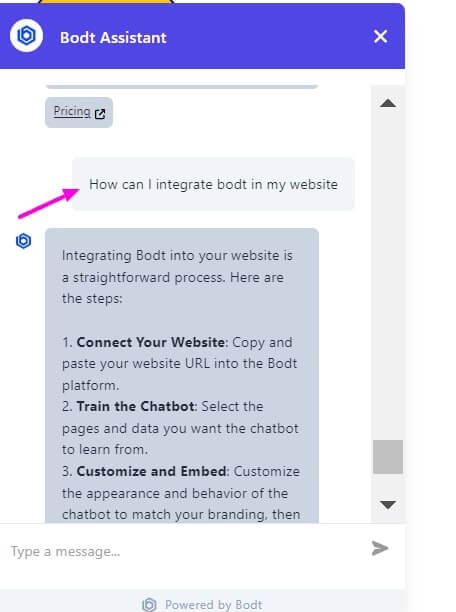
When businesses use chatbots to handle common questions and tasks, they won't need many staff. This saves a lot of money, helps businesses use their resources better, enables repetitive task automation, and frees employees for more complex issues.
- Enhanced Data Collection and Analysis
Retailers can use chatbots to collect real-time data on how customers interact with the brand, what they like, and how they behave. This information helps them understand what customers want and how to improve their products and services. When they analyze this data, trends, and patterns can be spotted, which helps in better decision-making about product development, marketing, and customer service. - Scalability
Another outstanding benefit of retail AI chatbots is the ability to manage an unlimited number of customer inquiries at once, making them highly scalable. During peak shopping periods, such as holidays or sales events, chatbots can handle the increased volume of queries without any decrease in performance or customer satisfaction.
Best Practices for Chatbots in the Retail Industry
Here are the best practices for chatbots in the retail industry:
- Ensuring Seamless Integration
A chatbot should work smoothly with the existing systems. It must connect well with inventory databases like CRM, ERP, payment systems, and customer service platforms. This helps in providing accurate information and a smooth shopping experience. For instance, if a customer asks about a product's availability, the chatbot should be able to check the inventory and respond quickly - Personalization

Personalization is about making the interaction feel unique to each customer. Chatbots should be able to remember past interactions and preferences. If a customer frequently buys a certain type of product, the chatbot can suggest similar items. Personalization makes customers feel valued and understood.
- Continuous Improvement
As an ecommerce store owner, you should constantly improve your chatbot based on feedback and data. This means regularly updating it to fix issues and add new features. Through analytics, you will understand how customers interact with the chatbot and see where improvements are needed. - Security and Privacy
Security and privacy is very important in the retail industry. Hence, your chatbot should follow strict security protocols to protect data. This includes encrypting conversations and ensuring that sensitive information is not stored unnecessarily. - Clear Communication
From the beginning, customers should know what the chatbot can and cannot do. For example, the chatbot can inform customers that it can help with product inquiries but not with detailed technical support. Also, the chatbot should make it easy to switch to a human agent when needed. If a customer has a complex issue, the chatbot can offer to connect them with a live representative.
Top 5 AI Retail Chatbots in 2024
Although there are a lot of AI retail chatbot platforms, we've come up with the top 5. Deciding which one to go for was quite difficult. However, we concluded after checking what features each chatbot offers and how useful they are for retail. Also, we listened to what users had to say about their experiences, made sure the chatbots offered good value for the price, and could easily connect with other tools and systems retailers use. They are:
1. Bodt Shopify
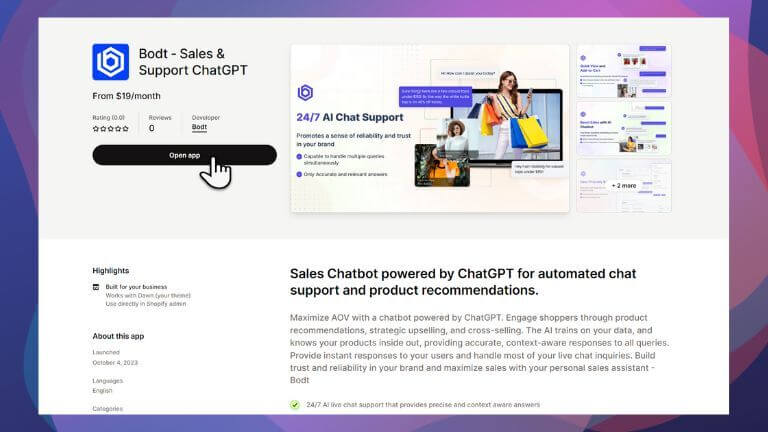
Bodt offers a robust solution for integrating AI chat support into Shopify stores, with flexible pricing and a wide range of features designed to improve customer interaction and streamline support operations
Key Features
- Live chat and AI responses for automated customer support.
- Product recommendations to boost upselling and cross-selling.
- Add-to-cart options and a quick view of the chat interface
Pricing
- Free plan
- Starter ( $19 per month)
- Pro ($129 per month)
- Enterprise ( $299 per month)
Pros
- Easy Installation
- Can switch from AI to human responses anytime.
- Learn from your inventory and chat with your visitors.
Cons
- It can be expensive for small businesses
Ideal Use Cases
- Best for small to medium-sized businesses using Shopify for their e-commerce needs.
2. Zipchat
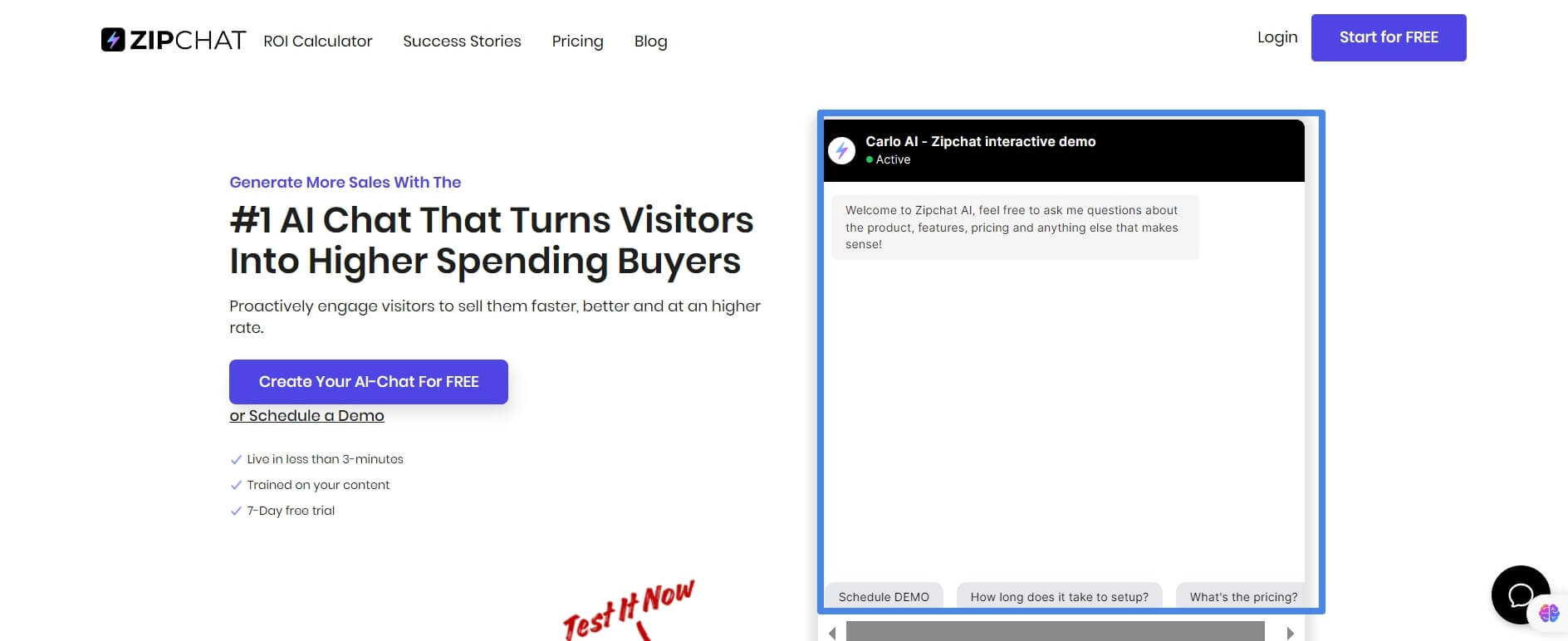
Zipchat is a versatile chatbot that works across various channels, including websites, social media, and mobile apps. It excels in lead generation and capturing customer information, making it a strong choice for businesses seeking a multi-channel approach.
Key Features:
- Supports more than 100 languages
- Improves over time with AI training included in all plans.
- The chatbot can be operational in less than 3 minutes
Pricing
- Starter ($49 per month)
- Growth (129 per month)
- Pro ( $249 per month)
- Scale ($499 per month)
Pros
- Simple setup with Shopify
- Personalized recommendations boost conversion rates.
Cons
- While setup is fast, mastering all features may take some time.
- Designed specifically for Shopify, not usable on other platforms.
Ideal Use Cases
- Suitable for businesses looking for robust customer engagement tools.
3. Tidio
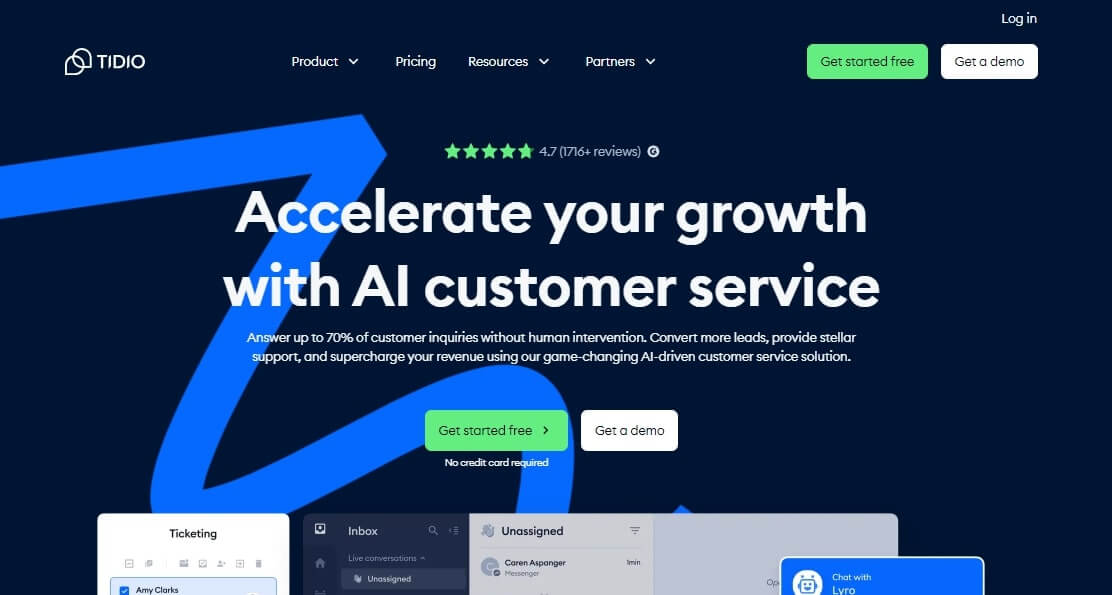
Tidio provides chatbots tailored for retail stores. These bots automate customer support and offer proactive service on various platforms. Tidio's retail chatbots use artificial intelligence and a natural language processing (NLP) engine to communicate with users effectively.
Key Features:
- Live visitor tracking
- Order status updates
- Pre-made chatbot templates
Pricing
- Free plan
- Starter ( $29 per month)
- Flows ($29 per month)
- Lyro AI ($39 per month)
- Growth ($59 per month)
- Tidio+( $749 per month)
Pros
- Easily generate leads and boost conversion rates without starting from scratch.
- Simple installation process.
- Visual builder requires no coding knowledge.
Cons
- Cannot perform math calculations.
- Templates may have a learning curve.
- Few options for chat management
- Ideal Use Cases
- Perfect for startups and small businesses wanting to enhance customer service.
4. IBM Watson Assistant
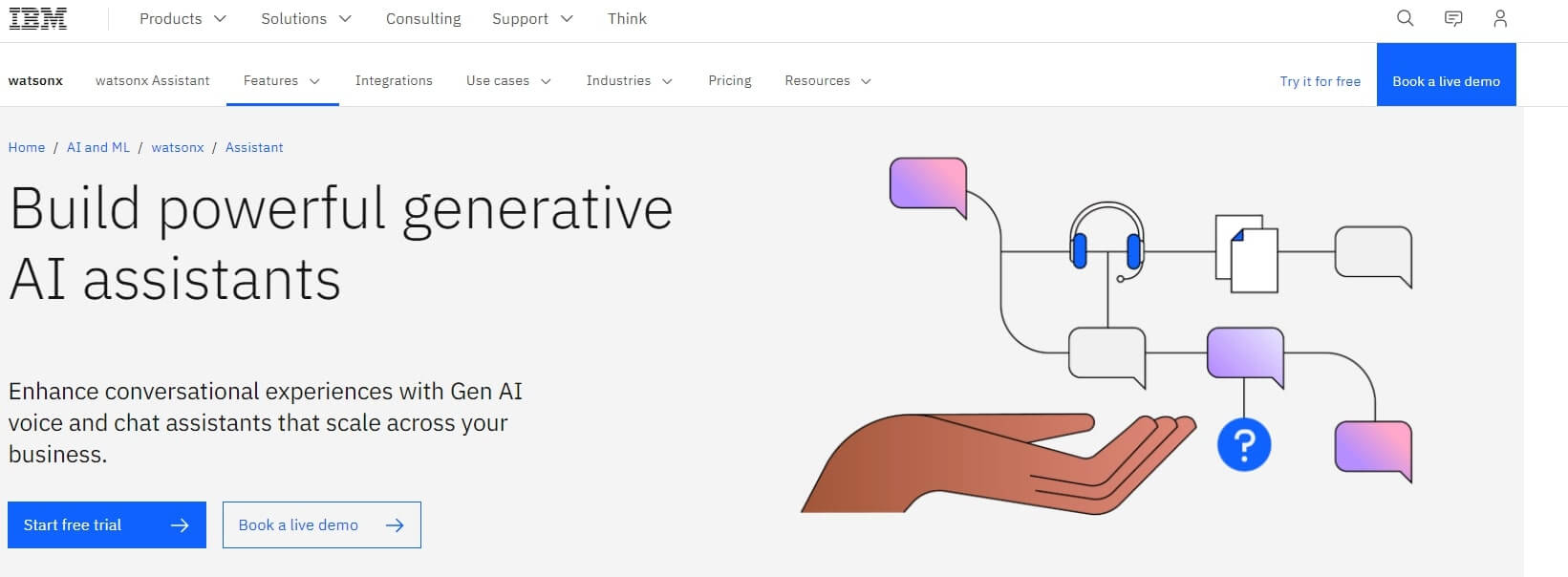
Developers can use this retail chatbot service to create bots that manage both simple and complex customer interactions. The company provides a cloud-based Natural Language Processing (NLP) service that combines structured data, like customer databases, with unstructured data, such as messages.
Key Features:
- Supports voice interactions to improve customer support over the phone.
- Data privacy and protection against vulnerabilities
- Predicting future trends
Pricing
- Free plan
- Plus (starts at $140 per month)
- Enterprise (custom)
Pros
- Offers a private cloud to store users' data safely.
- Provides precise responses because of its advanced AI algorithms.
- Can integrate with various business tools
Cons
- Advanced features can be challenging to operate
- Can be expensive, especially for small businesses or those needing extensive custom features
Ideal Use Cases
- Best for large enterprises requiring sophisticated AI solutions.
5. Drift

Drift chatbots help retail businesses start conversations with customers and answer their questions. These chatbots create a personalized experience and allow for real-time interaction with shoppers.
Key Features:
- Conversational marketing
- Customer engagement
- Provides detailed analytics on chatbot interactions and customer engagement.
Pricing
- Premium ( Starts from $2500)
- Advanced and Enterprise Options (custom)
Pros
- Collect customer data automatically, providing valuable insights into their behaviors.
- Easy to schedule meetings with potential clients
- User-friendly interface
Cons
- Technical expertise may be needed for integration with other platforms
- Some advanced features are only available in the Enterprise plan.
Ideal Use Cases
- For businesses focused on converting leads and increasing sales through conversational marketing.
Comparison Table of the Top AI Retail Chatbots in 2024
| Platform | Features | Pricing | User Rating |
|---|---|---|---|
| Bodt Shopify | Live chat and AI responses | Starts from $19 | 5.0 ⭐ |
| Zipchat | Supports over 100 languages | Starts from $49 | 4.7 ⭐ |
| Tidio | Order status updates | Starts from $29 | 4.7 ⭐ |
| IBM Watson Assistant | Supports voice interactions | Starts from $140 | 4.4 ⭐ |
| Drift | Conversational marketing | Starts from $2500 | 4.4 ⭐ |
Conclusion
AI chatbots are really important for retail businesses because they improve customer service, boost sales, and lessen operational costs. They give personalized recommendations, and consistent information across channels. So, when you want to choose a chatbot, look at the features, customer reviews, pricing, and how well it integrates with your existing systems. If you need a retail chatbot that can make handling customer questions easier and boost efficiency for your retail business, then you can always book a demo with our experts. You can never tell how much you’ve been missing unless you come on board!
FAQs
- How are chatbots used in retail?
Chatbots in retail serve multiple purposes such as real-time order updates, virtual shopping assistance, managing returns, and keeping inventory updated. They also gather customer feedback, analyze behavior, and handle complaints, thereby enhancing efficiency and personalizing the shopping experience. - What are the 4 types of chatbots?
Rule-Based Chatbots: Operate based on predefined rules and scripts to handle specific tasks and FAQs.
AI Chatbots: Use artificial intelligence to learn from interactions and provide personalized responses.
Hybrid Chatbots: Combine rule-based and AI elements for flexibility in interaction.
Voice-Activated Chatbots: Integrated with voice assistants like Alexa, allowing hands-free interaction through voice commands. - What is bot in retail?
In retail, a bot refers to automated software that interacts with customers. It assists with tasks such as answering queries, recommending products, tracking orders, and managing returns. - How is AI used in retail?
AI in retail improves customer service through AI-powered chatbots, offers personalized product recommendations, optimizes inventory management, and analyzes customer data to predict trends.
